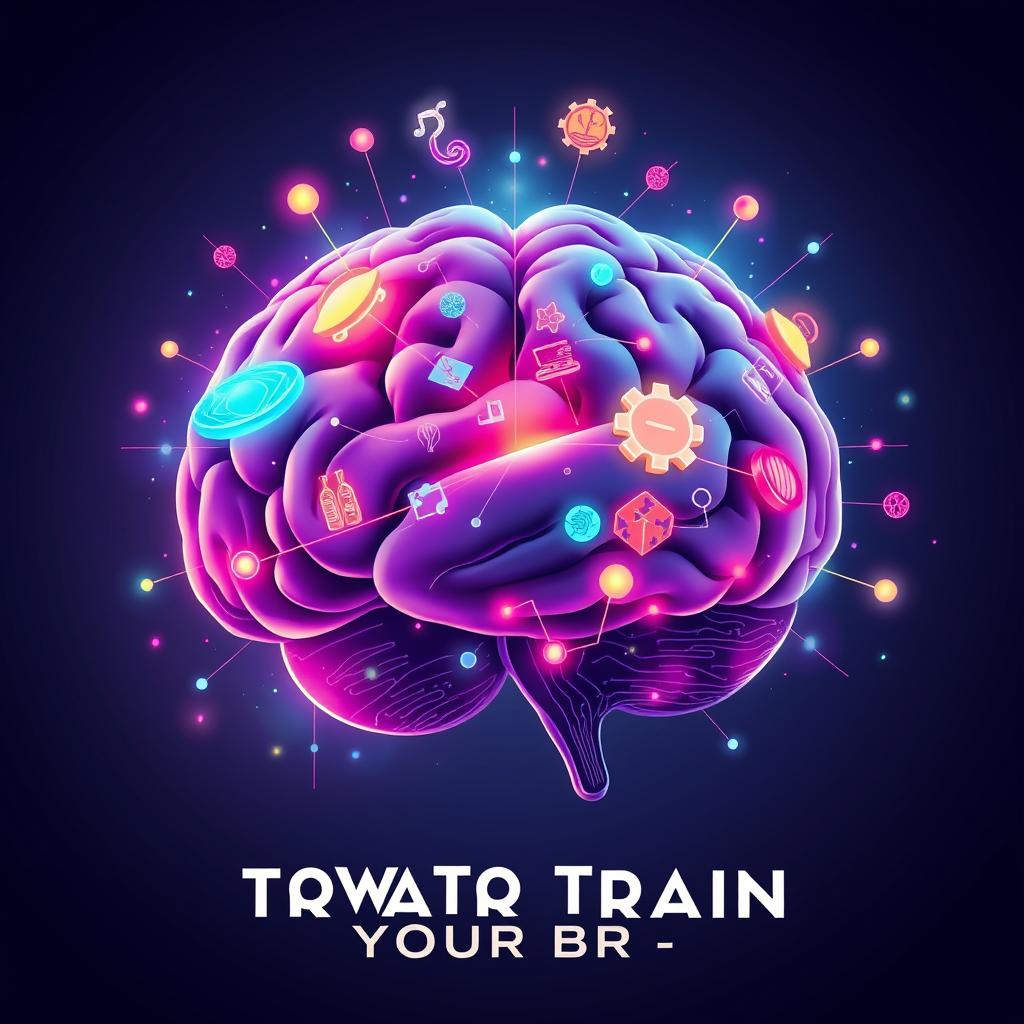
Boost Your Brain Power: A Comprehensive Guide to Mental Fitness and Cognitive Health
Introduction
Are you ready to unlock the full potential of your brain? In this article, we’ll explore the fascinating world of brain plasticity and how you can harness it to improve mental fitness. From building positive habits and practicing mindfulness to understanding the role of nutrition and cognitive exercises, you’ll discover actionable strategies to enhance your cognitive health and overall well-being.
Understanding Brain Plasticity
The human brain is an extraordinary organ capable of adapting and reorganizing itself—a phenomenon known as neuroplasticity. This means that no matter your age, you have the power to create new neural pathways and strengthen existing ones.
- What is Neuroplasticity?
Neuroplasticity refers to the brain’s ability to change and grow throughout life. It allows us to learn new skills, recover from injuries, and adapt to changing environments.
- Why Does It Matter?
By understanding brain plasticity, you can take proactive steps to keep your mind sharp, delay cognitive decline, and even reverse some effects of aging.
Techniques for Mental Fitness
Just like physical exercise strengthens your body, mental exercises can boost your brainpower. Here’s how to get started:
- Engage in Lifelong Learning
Continuously challenging your brain with new knowledge—whether through reading, puzzles, or learning a new language—can enhance cognitive function.
- Stay Socially Active
Social interactions stimulate the brain and reduce the risk of cognitive decline. Join clubs, volunteer, or simply spend time with friends and family.
- Prioritize Sleep
Sleep is crucial for memory consolidation and cognitive restoration. Aim for 7-9 hours of quality sleep each night.
Building Positive Habits
Small, consistent actions can lead to significant improvements in mental health over time. Here’s how to build positive habits:
- Start Small
Choose one habit at a time, such as meditating for five minutes daily or drinking more water. Consistency is key.
- Track Your Progress
Use apps or journals to monitor your progress. Seeing improvements can motivate you to continue.
- Reward Yourself
Celebrate milestones to reinforce good behavior and make habit-building enjoyable.
Mindfulness and Meditation Practices
Mindfulness and meditation are powerful tools for reducing stress, improving focus, and enhancing emotional regulation.
- Benefits of Mindfulness
Practicing mindfulness helps you stay present, reduces anxiety, and increases self-awareness.
- Getting Started with Meditation
Begin with short sessions (5-10 minutes) and gradually increase the duration. Focus on your breath or use guided meditations to stay on track.
- Incorporate Daily Mindfulness
Practice mindful breathing during routine activities, like brushing your teeth or walking, to integrate mindfulness into your day.
Nutrition’s Role in Brain Health
A balanced diet rich in brain-boosting nutrients can significantly impact cognitive function.
- Key Nutrients for Brain Health
Include foods high in omega-3 fatty acids (like salmon), antioxidants (such as berries), and vitamins B, C, D, and E.
- Hydration Matters
Dehydration impairs concentration and mood. Drink plenty of water throughout the day.
- Limit Processed Foods
Excessive sugar and unhealthy fats can negatively affect brain health. Opt for whole, nutrient-dense foods instead.
Cognitive Challenges and Exercises
Challenging your brain regularly keeps it agile and resilient. Try these exercises:
- Puzzles and Games
Sudoku, crosswords, and strategy games stimulate problem-solving skills and memory.
- Memory Training
Practice memorizing lists, phone numbers, or visual patterns to sharpen your recall abilities.
- Physical Activity
Exercise increases blood flow to the brain, promoting neurogenesis (the creation of new neurons). Incorporate both cardio and strength training into your routine.
Your brain is an incredible asset, and nurturing it should be a top priority. By incorporating the techniques discussed—understanding brain plasticity, engaging in mental fitness activities, building positive habits, practicing mindfulness, eating nutritiously, and challenging your cognition—you can achieve optimal brain health.
Take the first step today! Choose one area to focus on and commit to making it part of your lifestyle. Remember, every small effort counts toward a healthier, sharper mind. Share your journey with others and inspire them to join you on the path to mental wellness.


